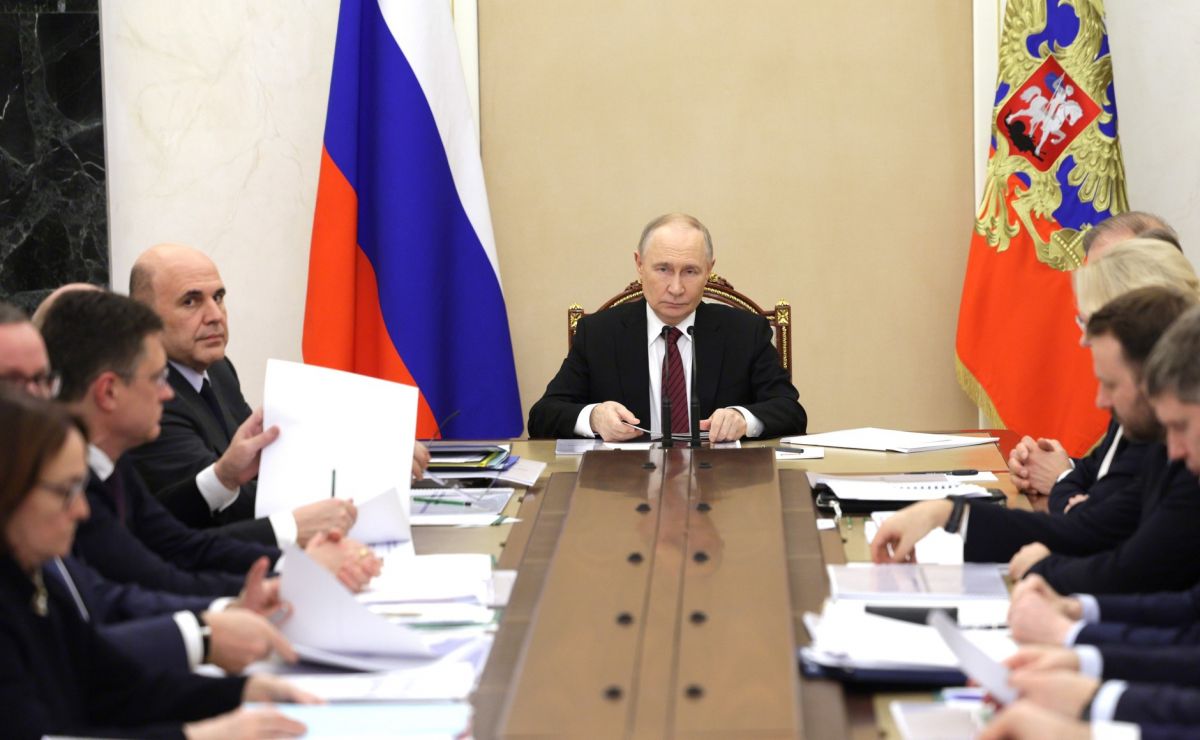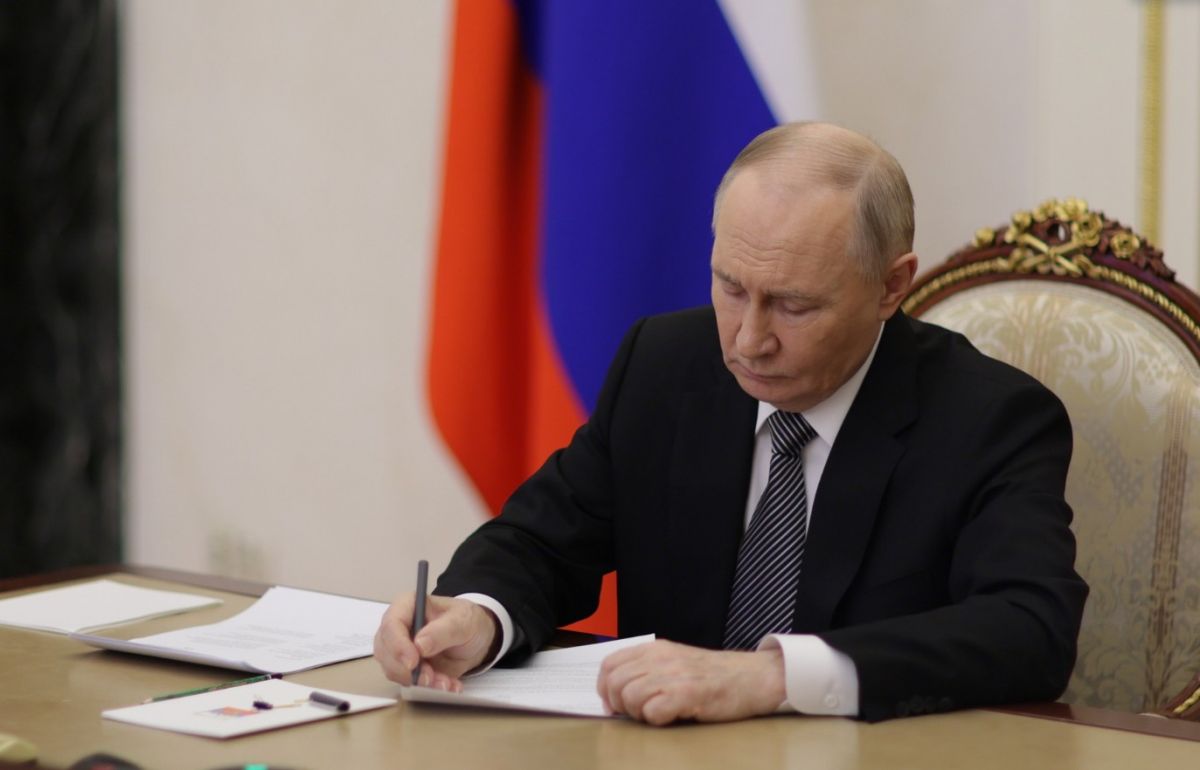
Experts predict "unstable" inflation in the global economy

© freepik
Changes in Central Bank policies, expectations, labor markets and globalization suggest that inflation will remain unstable in the near future. This opinion is voiced by experts
- It is very difficult to calibrate monetary policy to contain inflation in the context of structural changes. The best thing that central banks can do is to achieve a gradual reduction in inflation fluctuations until new optimal policy parameters become clear, analysts of the publication note.
It is noted that stable inflation expectations have been the basis for low inflation in recent decades, but they have remained stable precisely because inflation is low and stable. Inflationary shocks led to the fact that inflation expectations were quickly "taken off the anchor".
- Geopolitical risks have made global supply chains significantly less resilient. The current and anticipated tariff increases between the EU, the US and China could further exacerbate the trend. Therefore, global supply chains are unlikely to be able to contain inflationary pressures, as they have been in the past, experts say.
In their opinion, several inflation risks loom on the horizon. Countries will increase investments to combat climate change, increase military spending, and spending on artificial intelligence technologies. Government spending will help to increase supply, as well as reduce inflation in the long term, while short-term pressure on limited resources may have the opposite effect.
- All this complicates the task of adopting well-adjusted monetary policy measures. Under these conditions, significant fluctuations in inflation are much more likely than before. This means that the volatility of inflation will continue. Politicians and investors should be aware of the risk that inflation will not become boring in the near future, analysts conclude.




